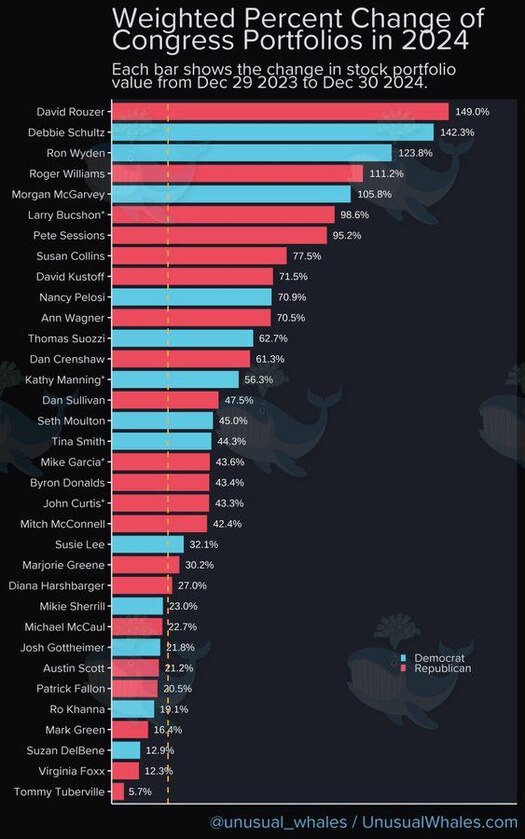
We know what’s coming and we are prepared.
Global fertilizer prices are rising: 25% of nitrogen trade flows through the Strait of Hormuz. Its closure has seen Urea prices jump 15% in just the last days.
This comes just in time for Spring planting, meaning farmers (who are already going bankrupt at a record pace) will literally have to give up the farm, accelerating consolidation into the hands of technocrats like Gates (already the #1 individual holder of US farmland).
And, of course, it translates to higher food prices. Factor in also the cost of fuel for farm operations and product transport...and this is a full-chain gut punch for food security.
Grow those gardens!
🇺🇸🇮🇷🇮🇱⚡️- "When the highly trained, loyal bodyguards and drivers of senior Iranian officials came to work near Pasteur Street in Tehran — where Ayatollah Ali Khamenei was killed in an Israeli air strike on Saturday — the Israelis were watching.
Nearly all the traffic cameras in Tehran had been hacked for years, their images encrypted and transmitted to servers in Tel Aviv and southern Israel.
In this instance, according to two people familiar with the matter, Israeli intelligence had information from signals intelligence, such as the hacked traffic cameras and deeply penetrated mobile phone networks. One of the people said it showed that the meeting with Khamenei was on schedule, with senior officials heading to the location.
But the Americans had something even more concrete — a human source, both people familiar with the situation said. The CIA declined to comment." - The Financial Times, quoting more than half a dozen current and former Israeli intelligence officials.
🇺🇸🇮🇷🇮🇱 - WAR IN IRAN | DAY 3
Both sides continue to launch strikes, with Iranian ballistic missile usage noticeably declining, while drone attacks stay stable. The amount of Iranian impacts against gulf states has largely stayed the same, while US Israeli strikes are continuing on pace, or even increasing.
🇮🇷🇮🇱- 1584 red alerts have been issued in Israel since the start of this war, in comparison with 1430 alerts for the whole of the 12 day war.
🇺🇸🇰🇼- Kuwait obtained the first air kill of the war, downing 3 friendly american F-15E's in a friendly fire incident, with all pilots surviving.
🇮🇷- Iran has continued its campaign to block the Strait of Hormuz , attacking its 6th ship and virtually halting traffic in the region.
🇶🇦🇮🇷- Qatar announced the downing of two Iranian Su-24 tactical bombers, marking the first offensive move against Iran outside Israel or the United States.
🇺🇸🇮🇷- President Trump and Secretary of Defence Pete Hegseth have both ...














